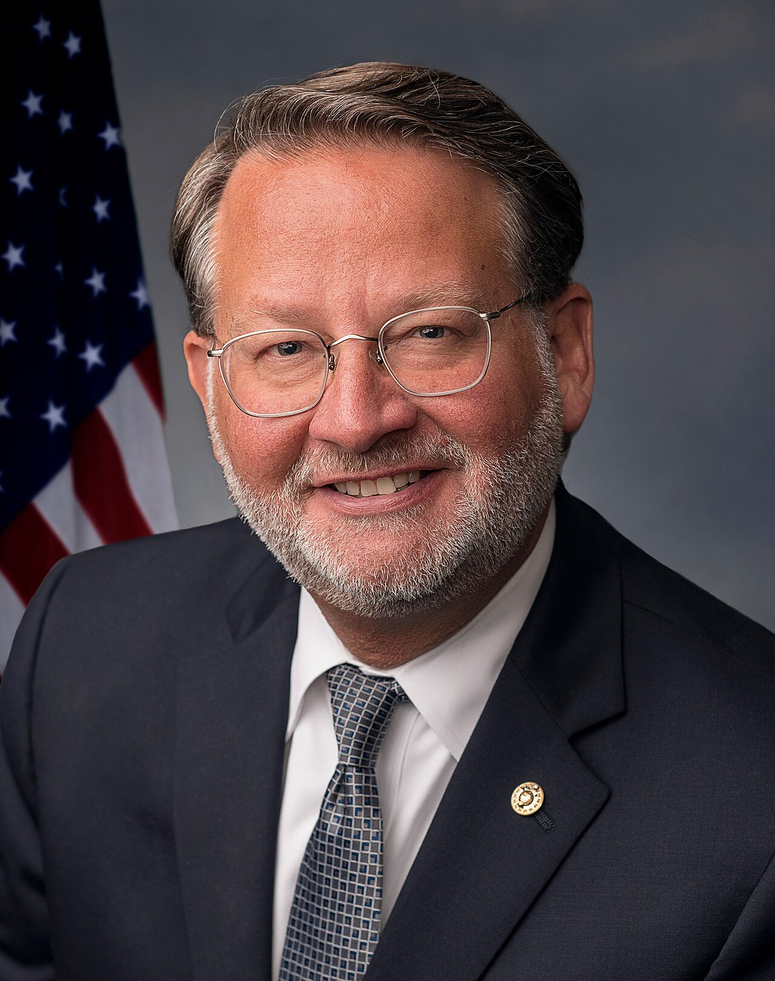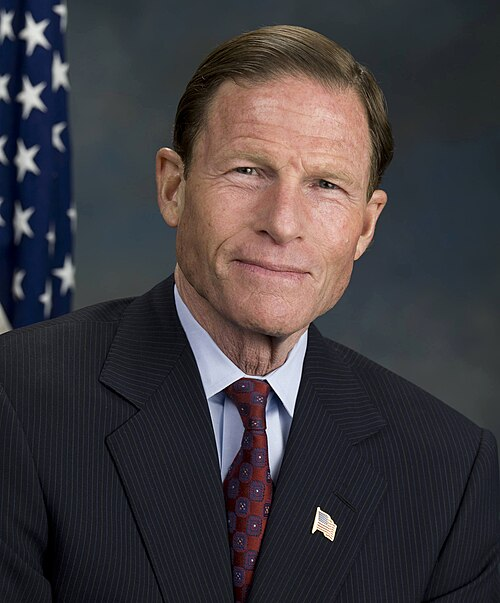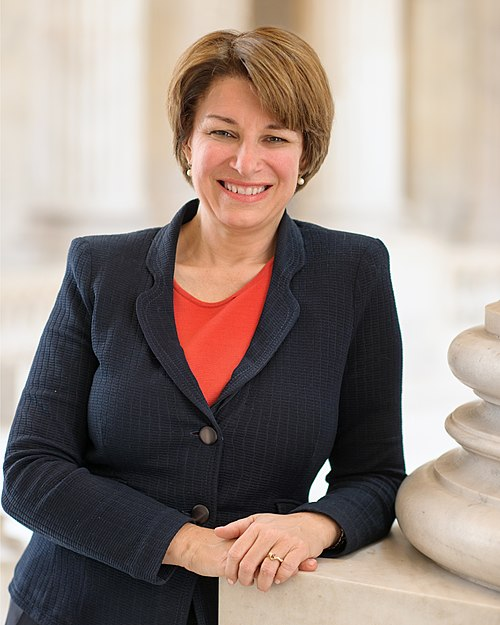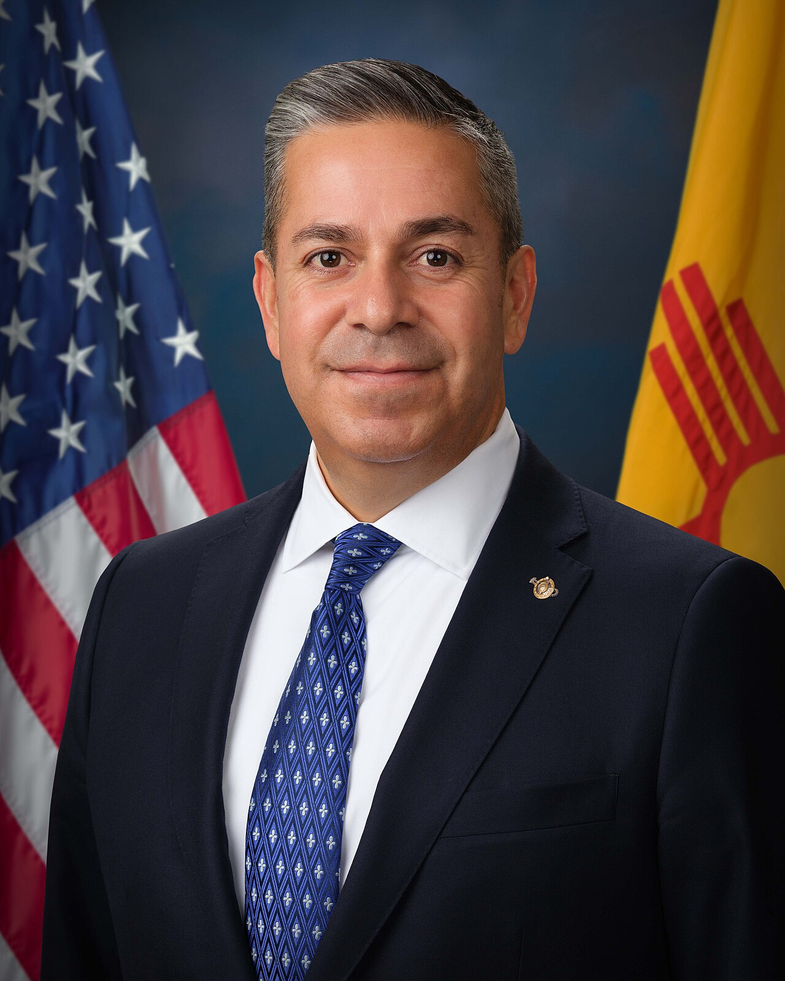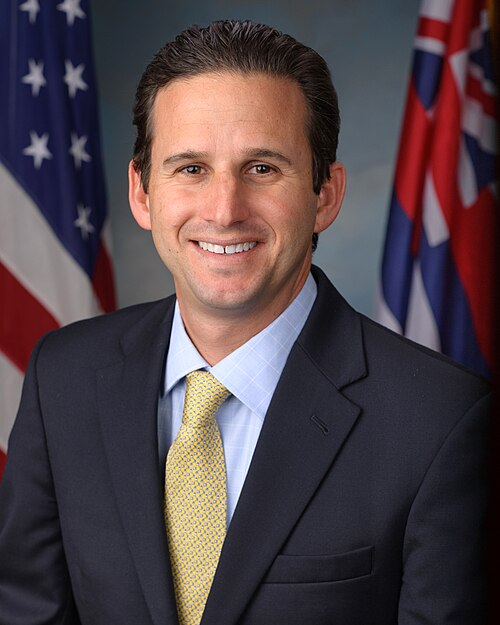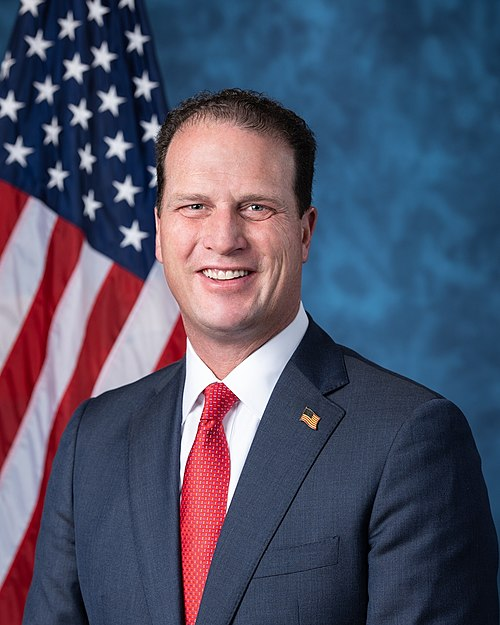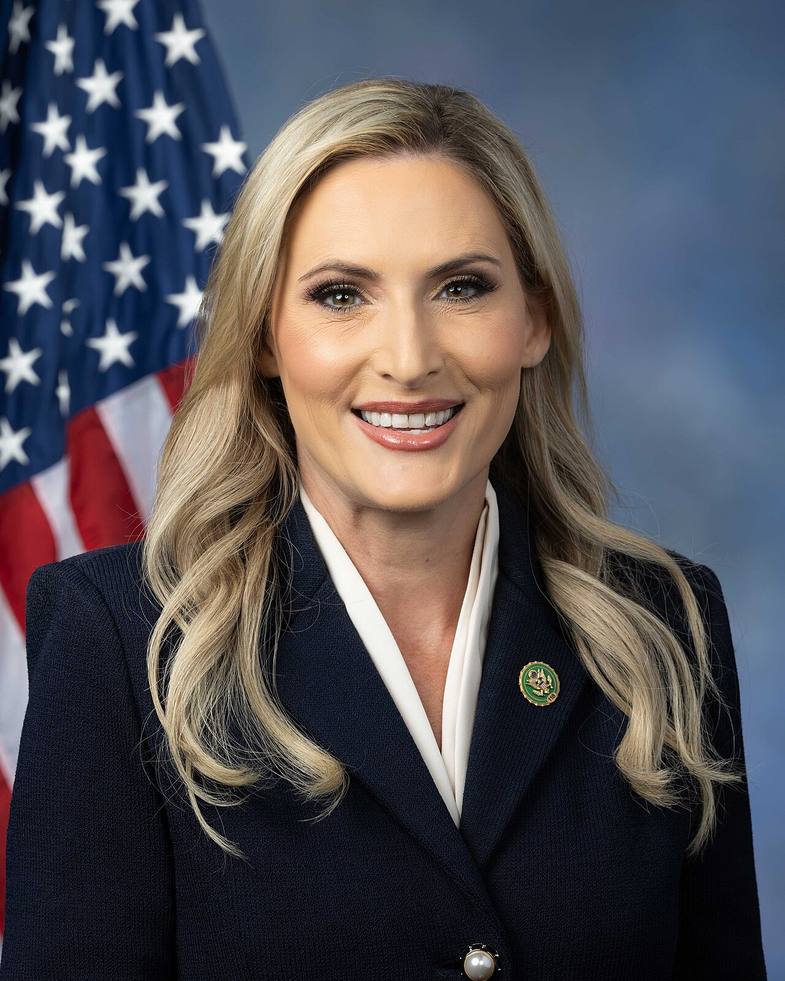S. 2123: Broadcast Varied Ownership Incentives for Community Expanded Service Act
This bill, known as the Broadcast Varied Ownership Incentives for Community Expanded Service Act (or Broadcast VOICES Act), aims to increase diversity in the ownership of broadcast stations in the United States. Below is a detailed overview of the key provisions of the bill:
Purpose
The primary goal of the bill is to enhance the diversity of ownership in the broadcasting industry, thereby ensuring a broader range of viewpoints in media representation. This aligns with the responsibilities of the Federal Communications Commission (FCC) to promote diversity in ownership and the expression of perspectives within the media landscape.
Reports to Congress
- The FCC is required to submit reports to Congress on the status of broadcast ownership by socially disadvantaged individuals. These reports will be required biennially (every two years) and will include:
- Recommendations for increasing the number and value of broadcast stations owned by socially disadvantaged individuals.
- Data on the total number of broadcast stations owned by socially disadvantaged individuals.
Tax Certificate Program
The bill establishes a tax certificate program aimed at encouraging the transfer of broadcast station ownership to socially disadvantaged individuals. Key aspects include:
- A tax certificate will be issued by the FCC to qualify sales when the ownership transitions to socially disadvantaged individuals.
- The criteria for a broadcast station to be considered owned by socially disadvantaged individuals include that more than 50% ownership and control of management must be in the hands of such individuals.
Requirements for Certification
For a sale to qualify for a tax certificate, certain conditions must be met, such as:
- The sale must preserve ownership and control by socially disadvantaged individuals.
- The sale price cannot exceed $50 million, and there may be a minimum holding period during which the station must remain under the ownership of socially disadvantaged individuals.
- There will also be reporting requirements to ensure compliance with the rules set forth by the FCC.
Tax Reduction for Donations
The bill provides a credit for contributions made to organizations that support training socially disadvantaged individuals in media management and operations. This is intended to bolster the capabilities of new owners in broadcasting.
Examination of Diversity and Ownership
The FCC will conduct an examination to assess whether there is a connection between the diversity of ownership of broadcast stations and the diversity of viewpoints expressed. This will lead to a report to Congress with supporting data on the findings.
Timeline and Implementation
There are specific timelines for the implementation of various provisions, including:
- The FCC must issue rules for the tax certificate program within one year of the bill's enactment.
- Annual and biennial reporting to Congress will ensure ongoing assessment of the impacts of the bill.
Sunset Clause
The provisions of the tax certificate program will not be applicable to sales of interests in broadcast stations after 16 years from the date of enactment of this Act, signaling that this initiative will be time-limited.
Relevant Companies
- CBS (ViacomCBS Inc.) - As a significant player in media and broadcasting, changes in ownership incentives may affect their acquisition strategies and diversity initiatives.
- FOX (Fox Corporation) - Might need to reassess their ownership structures in light of this new tax incentive program.
- WBD (Warner Bros. Discovery) - Potentially impacted in terms of ownership diversification goals and compliance with new regulations.
This is an AI-generated summary of the bill text. There may be mistakes.
Sponsors
7 bill sponsors
Actions
2 actions
| Date | Action |
|---|---|
| Jun. 18, 2025 | Introduced in Senate |
| Jun. 18, 2025 | Read twice and referred to the Committee on Finance. |
Corporate Lobbying
0 companies lobbying
None found.
* Note that there can be significant delays in lobbying disclosures, and our data may be incomplete.
